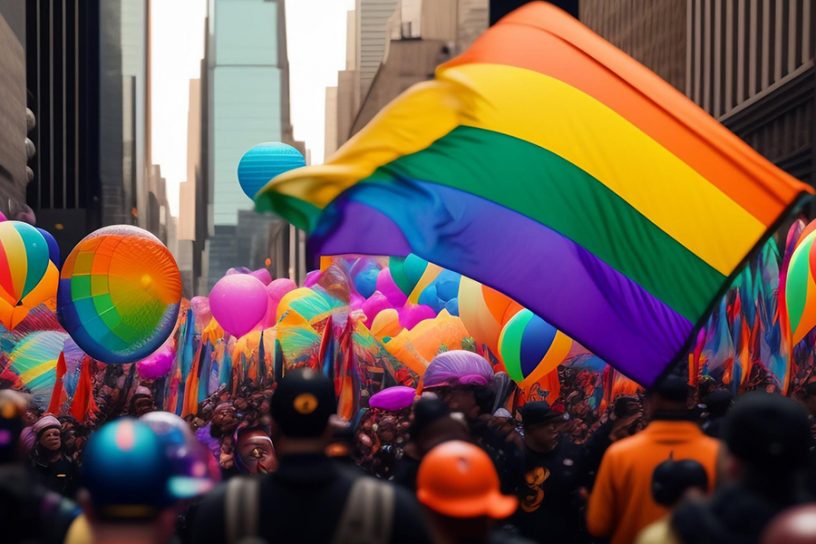
The intersection of caste and sexual identities could also add another layer of complexity to the challenges faced by queer individuals.
Author
Bhavya Tandon, Assistant Professor, Jindal Institute of Behavioural Sciences, O.P. Jindal Global University, Sonipat, Haryana, India.
Summary
On Saturday morning, an alarming video surfaced online, exposing doctors engaged in the illegal and harmful practice of conversion therapy on LGBTQ+ people in India. The undercover investigation was uncovered by a British journalist who spoke with doctors in New Delhi, selling a ‘Gay cure’ and benefiting from the despair of LGBTQ+ people. The video sheds light on the plight of queer individuals subjected to such harmful practices, highlighting the urgent need for comprehensive measures like the ones taken by the National Medical Commission (NMC) last year.
Last year, the NMC wrote to all State Medical Councils, banning conversion therapy and calling it “professional misconduct.” This decision came in response to an order passed by the Madras High Court in Arunkumar and Anr Vs The Inspector General of Registration and Ors case in 2019, which categorised conversion therapy as an unethical practice under the Indian Medical Council (Professional Conduct, Etiquettes and Ethics) Regulation, 2002. The NMC has also empowered all State Medical Councils to take necessary action against any medical professionals violating these guidelines.
Conversion therapy targeting the LGBTQ+ community is based on altering an individual’s sexual orientation or gender identity to conform to compulsory cis-heterosexuality. The LGBTQ+ community in India is indeed incredibly diverse, encompassing individuals from different castes, ethnicities and socioeconomic backgrounds. However, the intersection of caste and sexual identities could also add another layer of complexity to the challenges faced by queer individuals. For queer individuals belonging to a lower caste, their experiences can be uniquely impacted by the prejudices and inequalities associated with their caste status.
Published in: News18
To read the full article, please click here.


